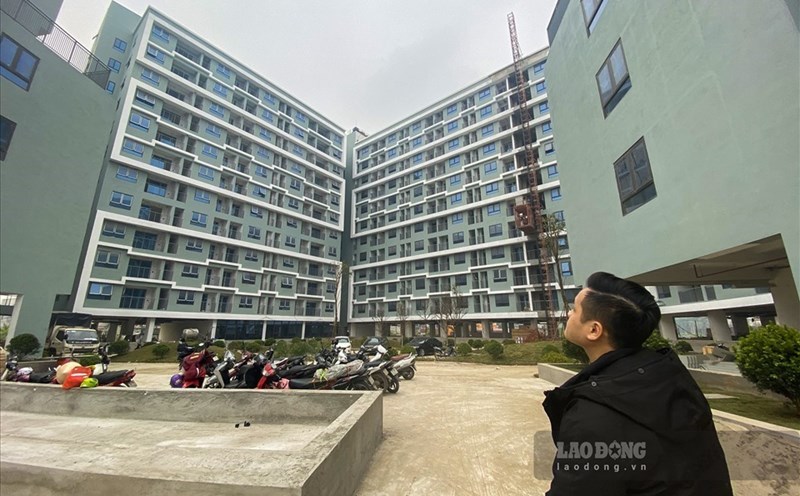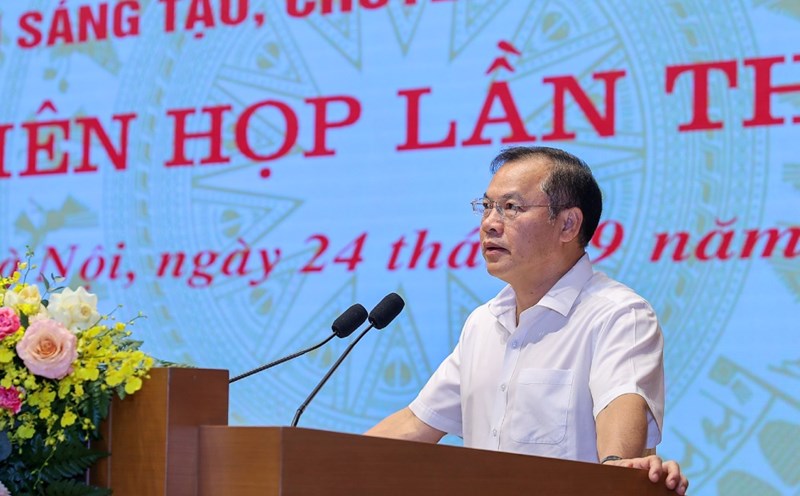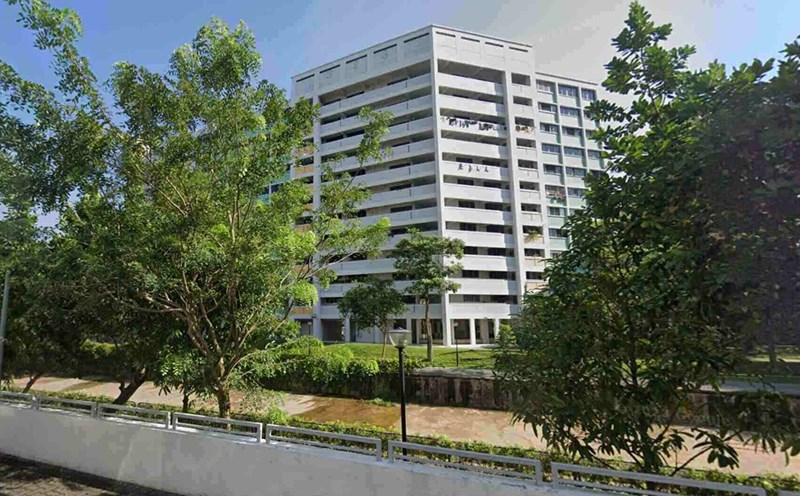Many localities are slow to build social housing
In the meeting on September 22, Prime Minister Pham Minh Chinh outlined 11 important groups of tasks and solutions to aim at increasing supply, reducing costs, striving to keep commercial housing prices at a reasonable level, and giving people access to housing.
One of the solutions mentioned to reduce real estate prices and increase supply is through resolving backlog projects, promoting social housing...
Since the Project "Investing in the construction of at least 1 million social housing apartments in the period of 2021-2030" was issued, ministries, branches and localities have actively participated with specific goals.
After a period of implementation, the market has shown signs of improvement. According to the Ministry of Construction, there are currently 692 social housing projects being implemented nationwide with a scale of 633,559 units.
Of which, 165 projects have completed 110,436 units; 147 projects have started construction with 135,033 units; 380 projects have approved investment policies corresponding to 388,090 units.
However, the total number of completed, started projects and approved projects by 2025 will only reach about 59.6% of the Project's target (1062,200 units).
Many localities are still "standing still" this year: Tuyen Quang has been allocated 146 units, completed 0; Hue City has a target of 1,200 units, completed 0; Son La has a target of 100 units, and has not yet completed any units.

The skewed structure of the high-end segment
The Vietnam Institute for Real Estate Market Research and Evaluation (VARS IRE) believes that there are four main issues that need to be focused on to speed up the implementation of the Project.
First, we must "point out the name" immediately for inadequacies in land fund arrangement. Some places have arranged land funds in inconvenient locations, lacking connecting infrastructure, making social housing projects less attractive and difficult to implement.
In addition, VARS IRE believes that assessing the need for social housing is not close to reality, leading to the current paradox of "lack and stagnation".
At the same time, the cost of communication is also too low. According to current regulations, the cost of marketing for social housing is controlled at 2%, which is too low compared to the market level and actual communication needs. This makes it impossible for many projects to reach the right beneficiary group, affecting sales progress and implementation efficiency.
VARS IRE recommends tightening the responsibility of localities, at the same time reviewing all projects that have been allocated land, clarifying the implementation of social housing obligations. In case the investor pays money to replace the obligation to arrange land funds, it is necessary to make the use of that money transparent. If exchanging land funds at other locations, it is necessary to check the effectiveness and feasibility of practical implementation.
While millions of people have urgent needs for housing, many social housing projects are still slow to open for sale, even having surplus apartments without buyers. The reason is that the survey and assessment of demand is still inaccurate, leading to inappropriate implementation plans.
To overcome this, VARS IRE proposes to use an independent market research unit to survey housing needs in localities, to ensure a scientific and objective basis in planning and project approval.
Another problem is speculation and transfers against regulations. Some people are allowed to buy social housing but do not have real demand, then try to transfer it in violation of regulations, causing market disturbances and losing the fairness of the policy.
From that reality, VARS IRE proposes to consider flexibly adjusting marketing costs, strengthening inspection and examination of social housing projects, strictly handling businesses selling to the wrong subjects and people violating transfer regulations...
Discussing the solution, the Ministry of Construction outlined the tasks that have been stated in the decisions and notices from the Government. In particular, the Ministry of Construction will preside over and coordinate with the Ministry of Finance to study and submit to the Prime Minister in September the Decree on the national housing fund and the Decree amending Decree No. 100 on the development and management of social housing. At the same time, urge localities and businesses to implement the construction of social housing, ensuring the goals assigned by the Prime Minister.
Localities are assigned to focus on directing and urging investors to implement investment in the construction of social housing projects. For completed projects (more than 43,600 apartments), localities require investors to urgently implement procedures and widely publish them on mass media to sell to people.










